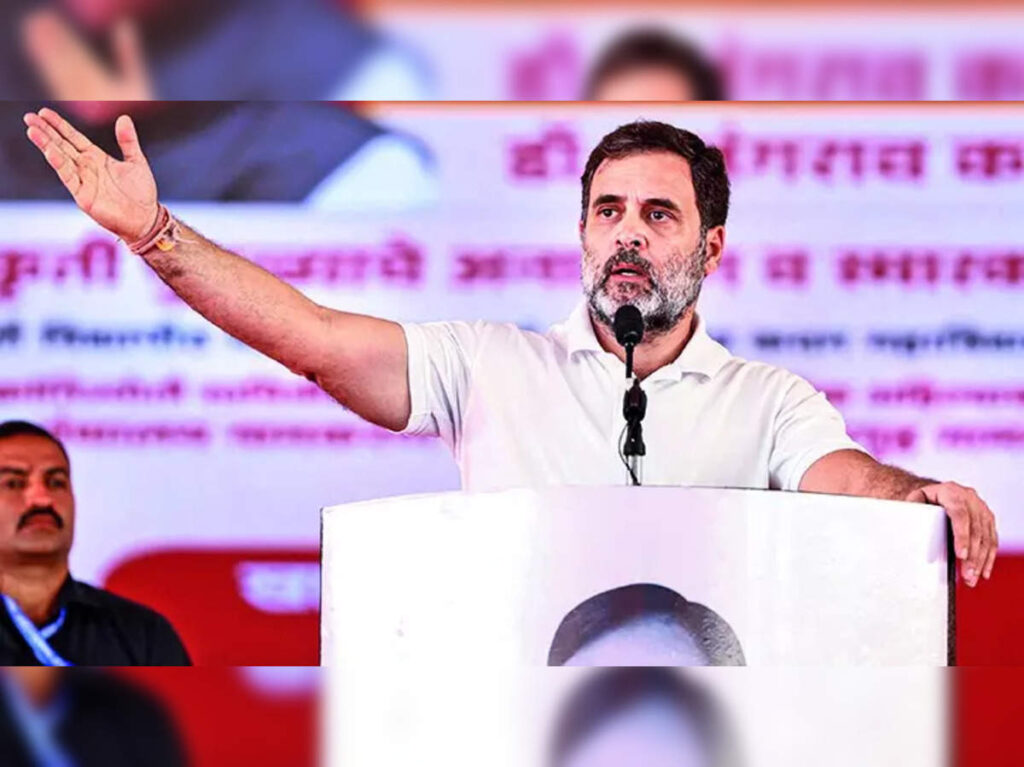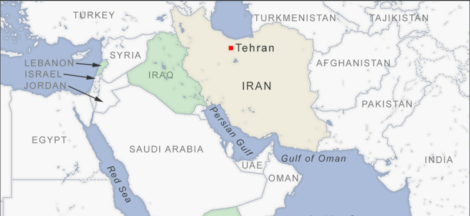Pressure mounts on the Congress party as its coalition partners express growing discontent following the electoral reverse in Haryana. The situation is characterized by an apparent breakdown in coordination among allies, raising concerns about the party’s stability and effectiveness in managing its alliances. With regional dynamics shifting rapidly, Congress finds itself at a crucial juncture where its leadership and decision-making will be tested.
The Haryana situation has unfolded against a backdrop of increasing tensions between Congress and its partners in the INDIA alliance. The Congress party’s internal strife has drawn attention to its leadership capabilities, as coalition partners question the party’s commitment to collaborative governance. This scrutiny is particularly pronounced in light of Congress’ diminishing influence in various states, including Haryana, where political fragmentation has created a precarious environment for Congress and its allies.
Political analysts have noted that the Haryana debacle could have ripple effects beyond state borders, potentially impacting Congress’s performance in the upcoming elections. The coalition’s cohesion is being tested, as regional parties reassess their positions within the UPA framework. Such re-evaluations stem from a sense of vulnerability in a rapidly changing political landscape, where the influence of opposition parties, including the Bharatiya Janata Party (BJP) and regional outfits, continues to grow.
Frustration among coalition partners is palpable, particularly in light of Congress’s perceived inability to address local issues effectively. Partners have raised concerns regarding the party’s strategies, emphasizing the need for a more inclusive approach to governance. The dynamics at play indicate that a failure to address these concerns may result in a fracturing of the UPA, as regional parties consider alternatives that align more closely with their political objectives.
One of the critical factors contributing to the growing dissatisfaction among coalition partners is Congress’s handling of electoral challenges. The party’s performance in state elections has been lackluster, prompting allies to question the effectiveness of its electoral strategies. The perception that Congress is struggling to connect with voters has fueled speculation about the party’s viability as a leading force within the alliance. Coalition partners are concerned that a weakened Congress could jeopardize their own electoral prospects, further amplifying their frustration.
The recent leadership transitions within Congress have added to the uncertainty surrounding the party’s future. The appointment of new leaders has led to a shift in priorities, but the execution of these changes has not always been seamless. Allies have expressed unease over the lack of a coherent vision for the INDIA bloc’s collective strategy. The absence of a clear roadmap has left partners feeling sidelined, and the need for a united front in addressing pressing issues has never been more critical.
The Congress party’s ability to navigate the political landscape in Haryana serves as a microcosm of broader challenges facing the alliance. The recent developments underscore the importance of maintaining strong relationships with regional parties while effectively addressing the aspirations of constituents. Failure to achieve this balance could lead to further erosion of trust among allies, ultimately undermining the coalition’s stability.
As the Congress party grapples with these challenges, it must prioritize open dialogue with its partners. Transparency and effective communication are essential in rebuilding trust and ensuring that coalition members feel included in decision-making processes. Congress must demonstrate a willingness to listen to its allies’ concerns and respond proactively to the changing political dynamics.
The upcoming elections present an opportunity for Congress to redefine its approach and reinforce its commitment to collaborative governance. By embracing a more inclusive and transparent decision-making process, the party can rebuild its reputation among coalition partners and voters alike. Congress has historically been a unifying force in Indian politics, and it must reclaim this role if it hopes to navigate the complexities of contemporary political challenges.




 Omar Abdullah Advocates for Responsible Governance After J&K Victory
Omar Abdullah Advocates for Responsible Governance After J&K Victory 